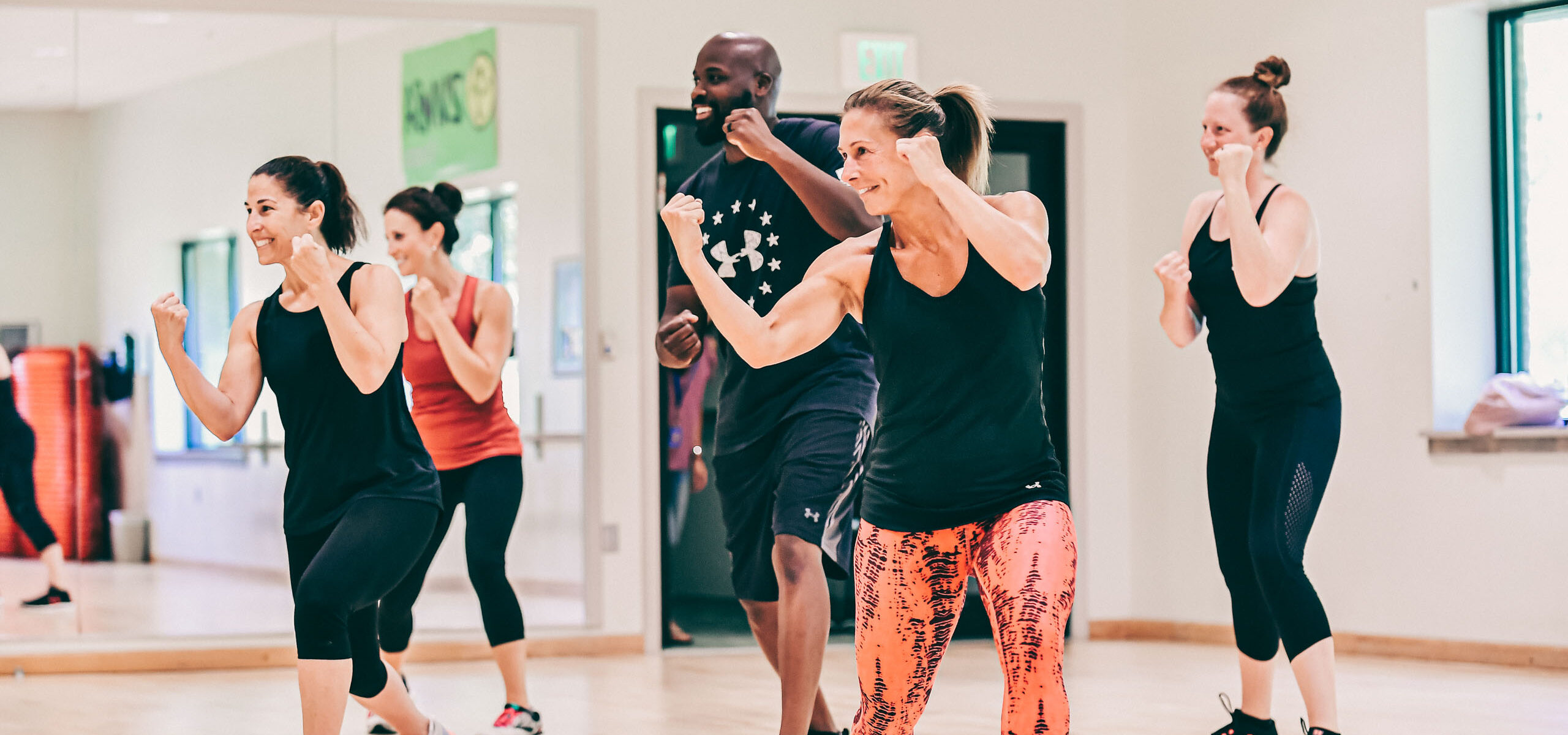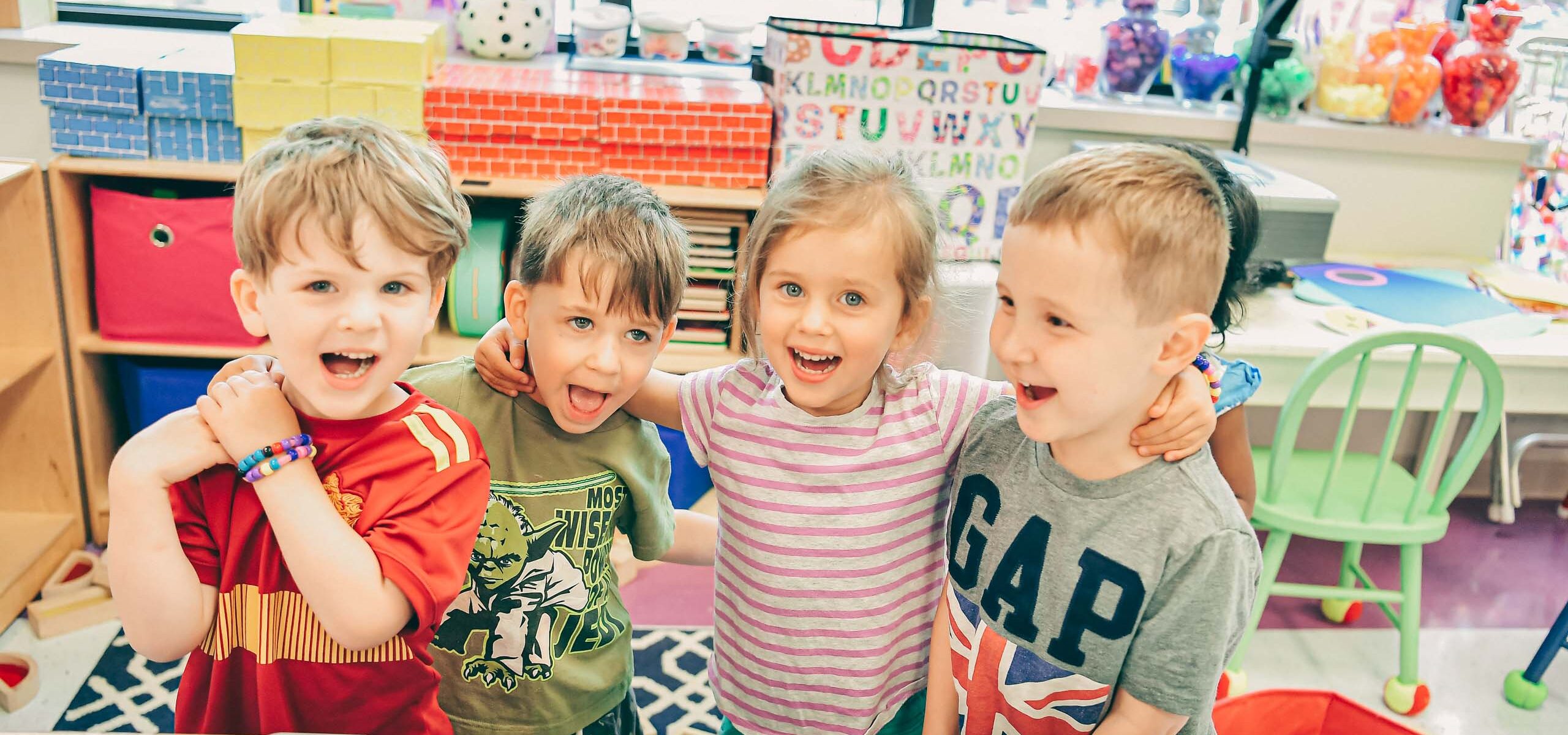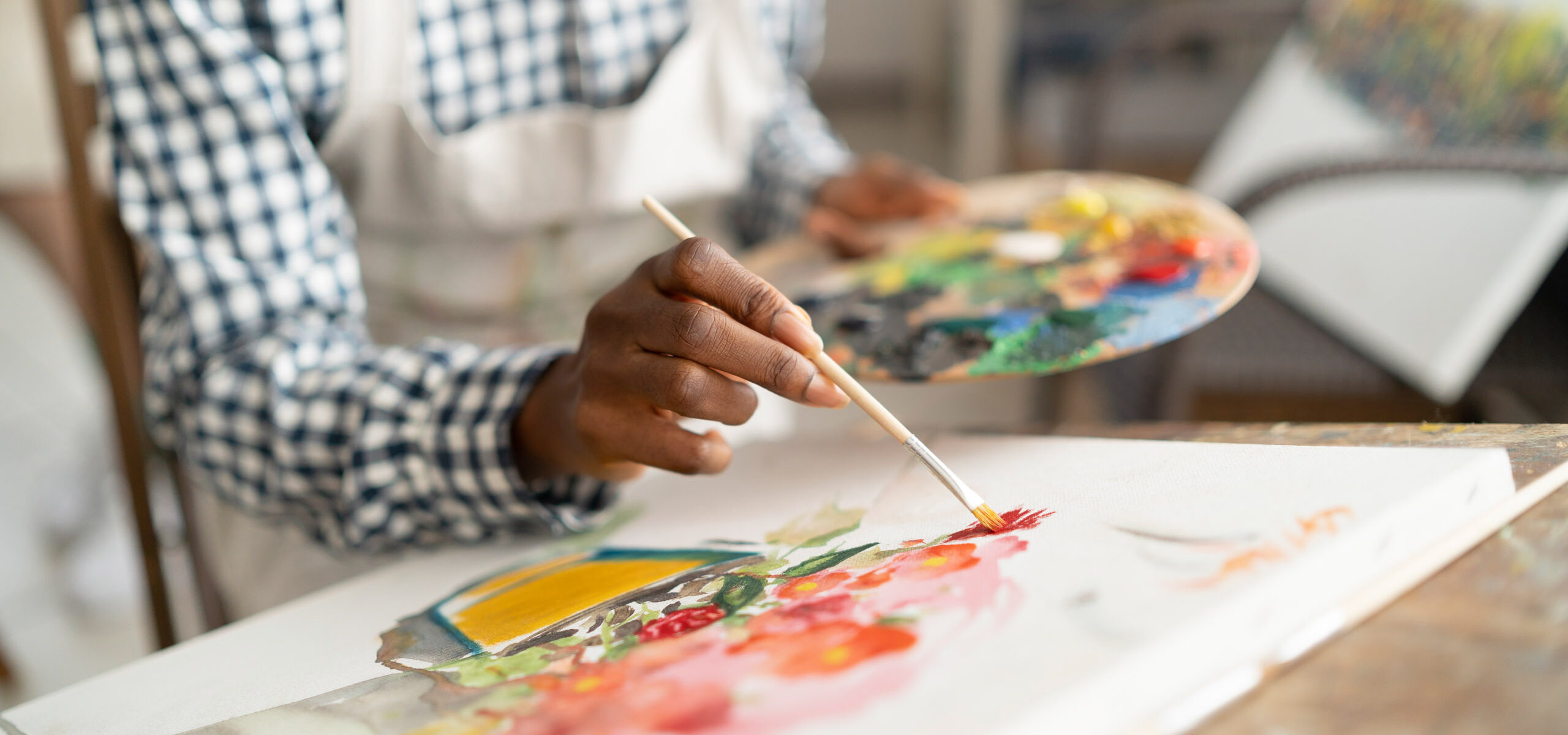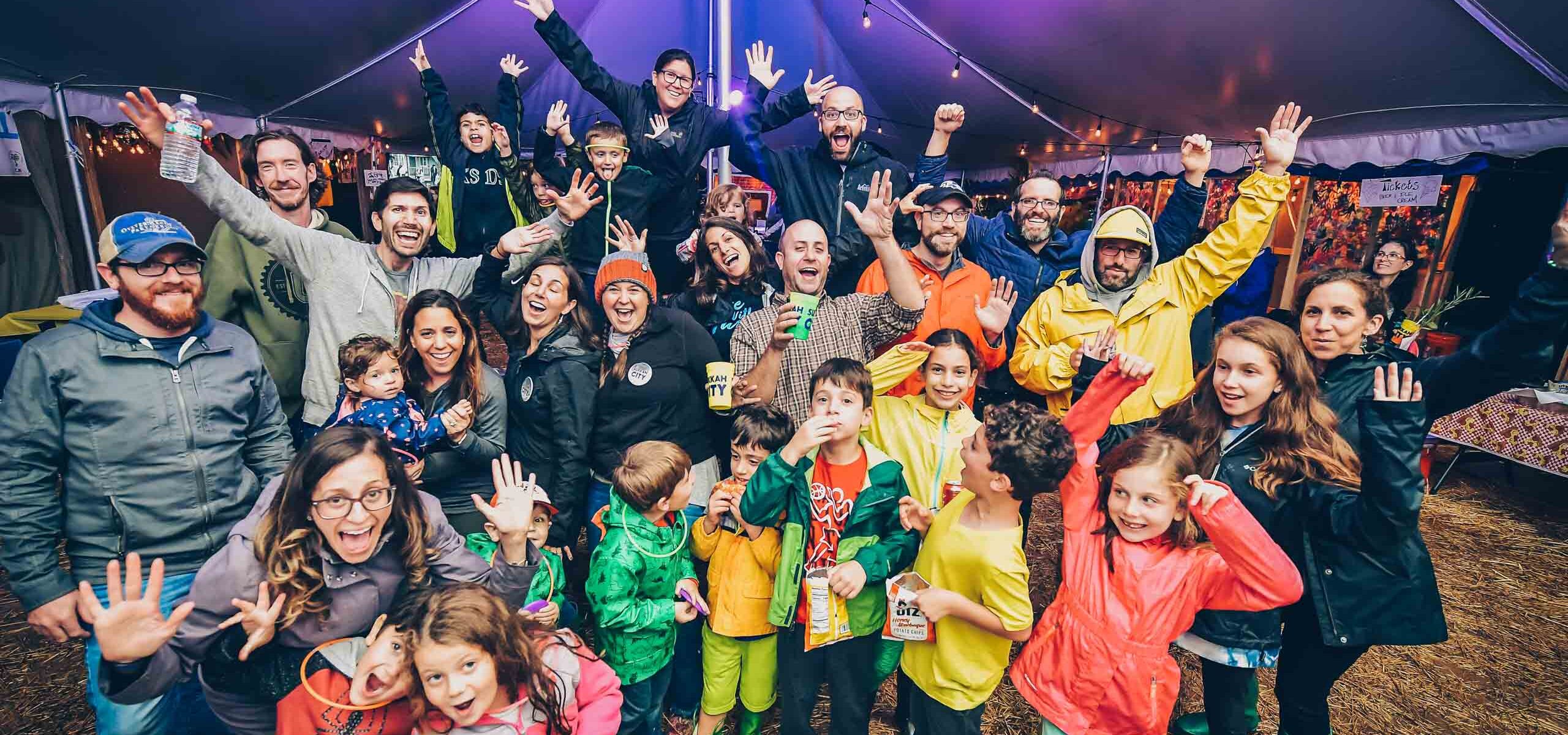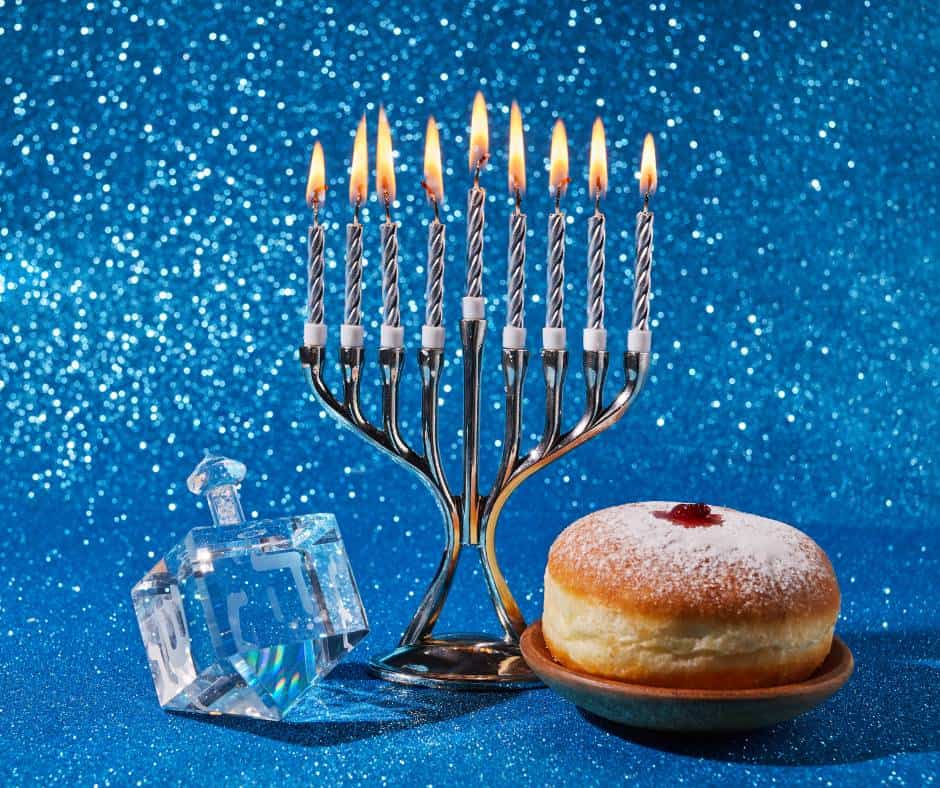Hitting Reset: Yom Kippur, Mahloket Matters, and the Courage to Listen
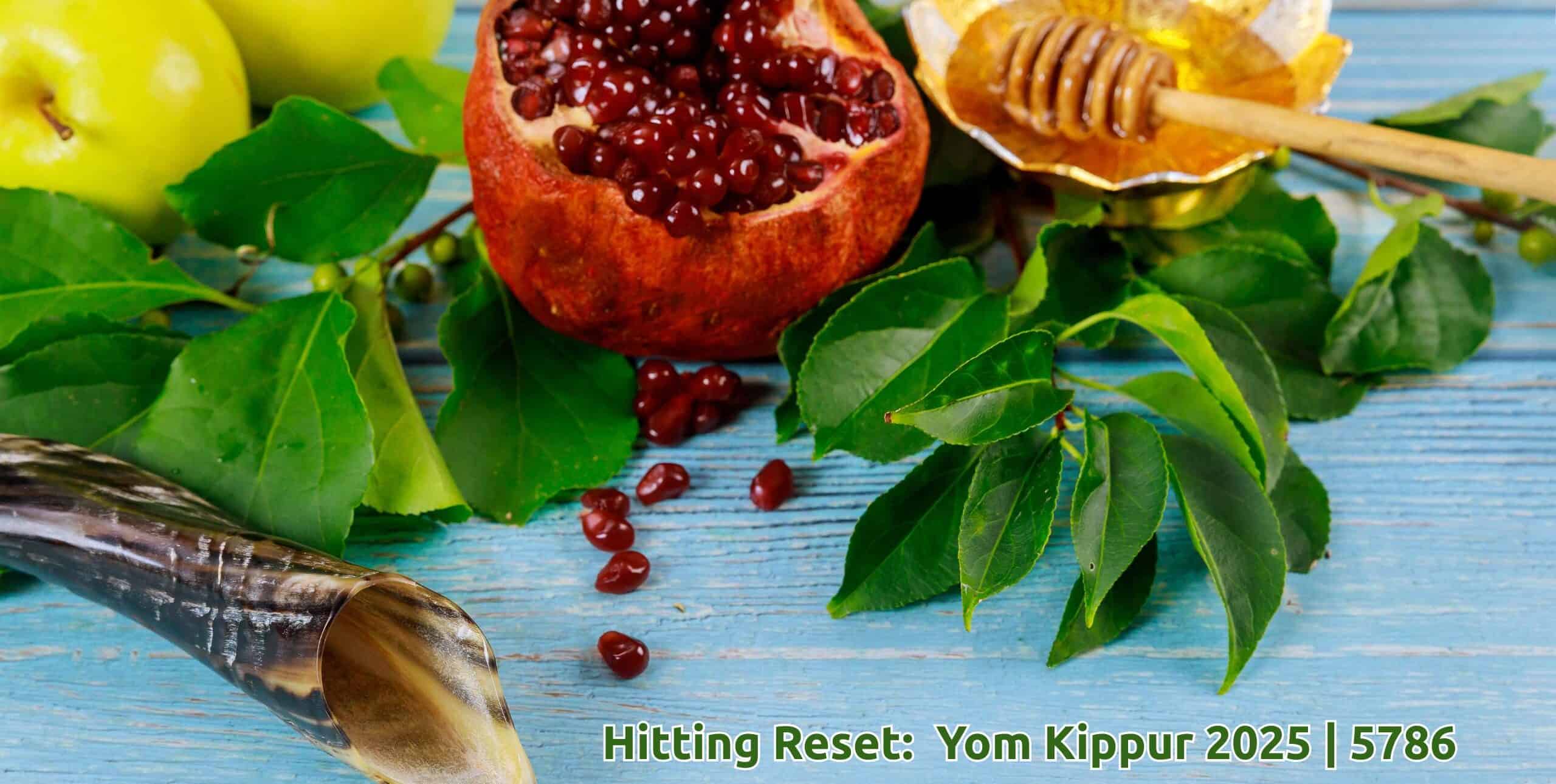
By Rabbi Ariel Platt
As we enter the sacred season of Yom Kippur—Yom HaKippurim, the Day of Atonement—many of us are taking time to reflect, recalibrate, and renew. This is the time of year when we pause, ask for forgiveness, and most importantly, begin the process of atonement. It’s not just about saying sorry—it’s about making a plan to be better, kinder, and more intentional in the year ahead.
And let’s be honest: it feels like there is a lot to atone for, especially when it comes to how we interact with one another.
We’re living in a time where meaningful conversation—especially across differences—is becoming harder and harder to find. Disagreement often turns into division. Dialogue becomes debate. And all too often, we stop listening. Social media, politics, and even our personal relationships are being shaped by polarization. We retreat into our own echo chambers and avoid the discomfort of challenging conversations. The result? Fractured communities, broken relationships, and a society struggling to hold itself together.
But Yom Kippur reminds us: we can do better. We must do better. And we don’t have to do it alone.
This past year, I had the privilege of participating in the Mahloket Matters Fellowship through Pardes, a vibrant Jewish learning community based in Jerusalem. Pardes is dedicated to making Jewish learning deeply engaging, inclusive, and rooted in text. They inspire people to connect more deeply with Jewish tradition, Israel, and Jewish community—whether as educators, leaders, or thoughtful participants.
The Mahloket Matters Fellowship couldn’t have come at a better time. Over eight weeks, my cohort from around the world explored what it means to engage in real discourse—especially when it’s hard. We looked at ancient texts and timeless wisdom, uncovering the rich tradition within Judaism around constructive conflict. The Hebrew word mahloket means “disagreement,” but it doesn’t have to mean division. The rabbis of our tradition didn’t shy away from argument—in fact, they embraced it as a path to truth, understanding, and even connection.
Through the fellowship, we didn’t just talk about hard conversations—we learned how to facilitate them. We gained practical tools to bring back to our own communities. For my project, I worked with the staff and teen leaders (CITs and TNTs) at J Camps—sharing what I learned, and helping to create a culture where curiosity, compassion, and conversation could thrive.
It was an incredible experience—transformative, really. It reminded me that disagreements don’t have to be destructive. With the right mindset and the right tools, they can actually bring us closer together.
As we step into this new year, I hope we can all take a moment to reset. To commit to being slower to speak and quicker to listen. To embrace the messiness of conversation without making it mean-spirited. To remember that disagreement isn’t failure—it’s part of what makes community strong.
Yom Kippur gives us a chance to start fresh. The Mahloket Matters Fellowship gave me the tools to make that fresh start more intentional—and to bring others along with me.
Here’s to a year of better conversations. A year of deeper listening. A year of learning, together.
G’mar Chatima Tova—may you be sealed for a year of growth, healing, and meaningful connection.
